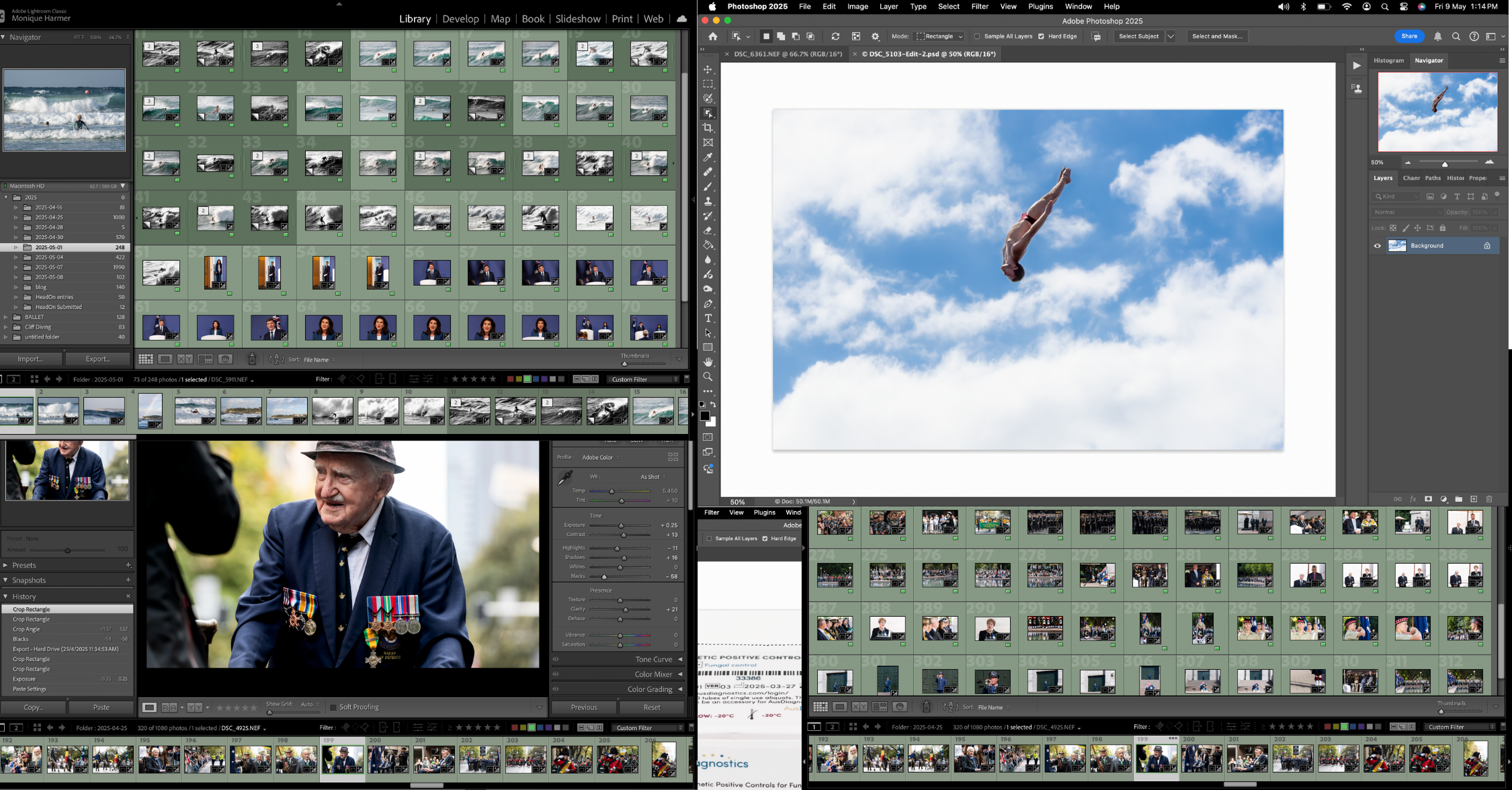
Edit Photos Like a Pro Lightroom Photoshop 2025
Mastering Creative Control📸 How to Edit Photos Like a Pro in Lightroom & Photoshop (2025 Creative Photographer’s Guide) How do you edit photos like a
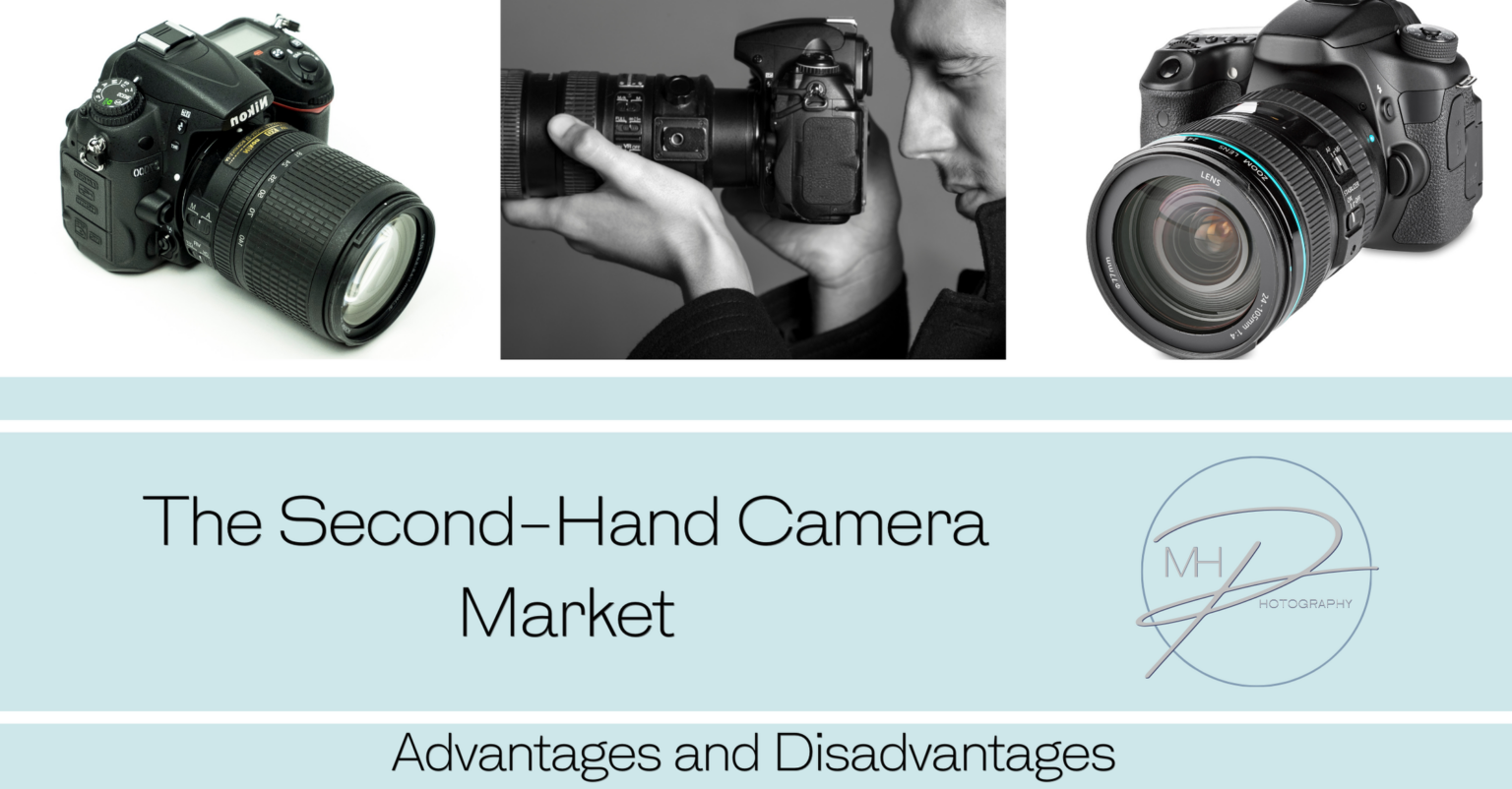
Purchasing a used camera can be a cost-effective way to access professional equipment, but it comes with certain risks. Below is a structured overview of the key advantages and disadvantages to consider.
1. Significant Cost Savings
Used cameras are often 30-50% cheaper than their new counterparts. This allows photographers to invest in higher-end models or allocate more budget toward lenses and accessories.
2. Access to Professional Gear at a Lower Price
Many professional cameras remain highly capable for years. Buying second-hand provides an opportunity to acquire full-frame cameras and premium lenses at a fraction of the cost of new models.
3. Depreciation Works in the Buyer’s Favour
Cameras, like other electronics, depreciate quickly after release. However, image quality and core functionality remain largely unaffected. A three-year-old professional camera may still outperform a new entry-level model in terms of sensor quality, dynamic range, and build durability.
4. Environmentally Sustainable Choice
Buying used equipment reduces electronic waste and extends the life cycle of high-quality gear, making it a more sustainable purchasing decision.
5. Proven Reliability of Older Models
Many cameras maintain excellent performance over time, with features such as megapixels often being secondary to sensor quality and lens selection. Models like the Canon 5D Mark IV or Nikon D750 continue to be widely used by professionals despite being several years old.
1. No Manufacturer Warranty or Return Policy
Most second-hand cameras do not come with a warranty or return options, meaning any repairs or defects become the buyer’s responsibility. Some specialized retailers may offer a short-term guarantee, but private sales generally do not.
2. Potential Wear and Tear
Used cameras may have shutter wear, sensor dust, scratched screens, or worn-out buttons. It is essential to inspect the camera thoroughly or request detailed photos and a shutter count before purchasing.
3. Older Technology and Missing Features
Older models may lack advancements in autofocus, low-light performance, video resolution, and connectivity. A camera from 2015, for example, may not support high-quality 4K video recording or advanced subject tracking.
4. Battery Life Degradation
Over time, camera batteries lose their ability to hold a charge effectively. A second-hand purchase may require the replacement of batteries, adding to the overall cost.
5. Risk of Fraud or Counterfeit Equipment
Online marketplaces can pose risks related to misrepresented product conditions, stolen equipment, or counterfeit models. Buyers should exercise caution and purchase from reputable sources whenever possible.
Purchasing a second-hand camera is a cost-effective way to access professional-quality gear, but it requires careful evaluation to avoid potential risks. For those willing to research and inspect their purchase thoroughly, the used camera market can provide excellent value. However, buyers prioritising warranty protection, peace of mind, and cutting-edge technology may find a new purchase more suitable.
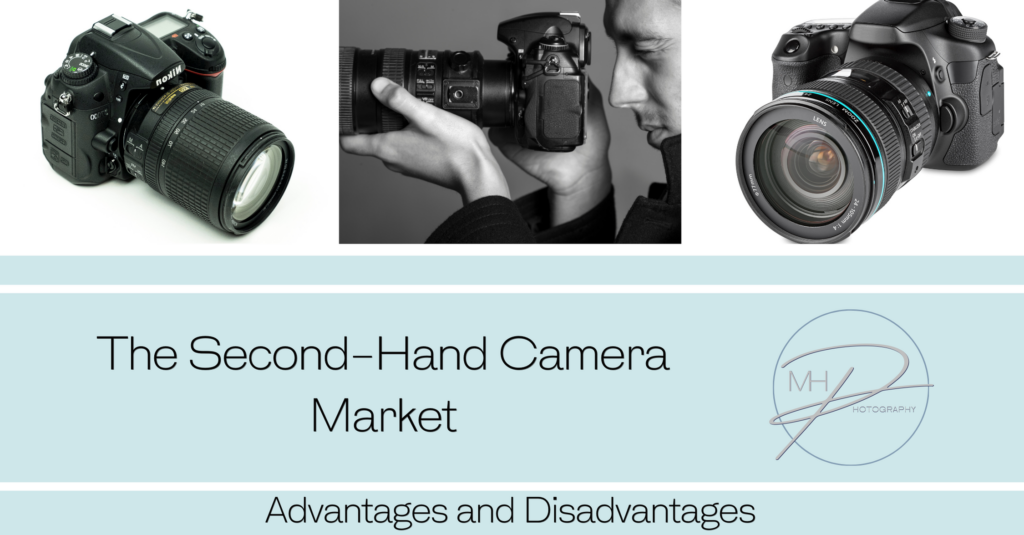
No spam, notifications only about new blogs & updates.

Personal and business brand image expert. Photographer and educator who is super passionate about empowering business women and men to have a positive self perception, with the right tools and guidance so they can share their gifts with the world.


Mastering Creative Control📸 How to Edit Photos Like a Pro in Lightroom & Photoshop (2025 Creative Photographer’s Guide) How do you edit photos like a
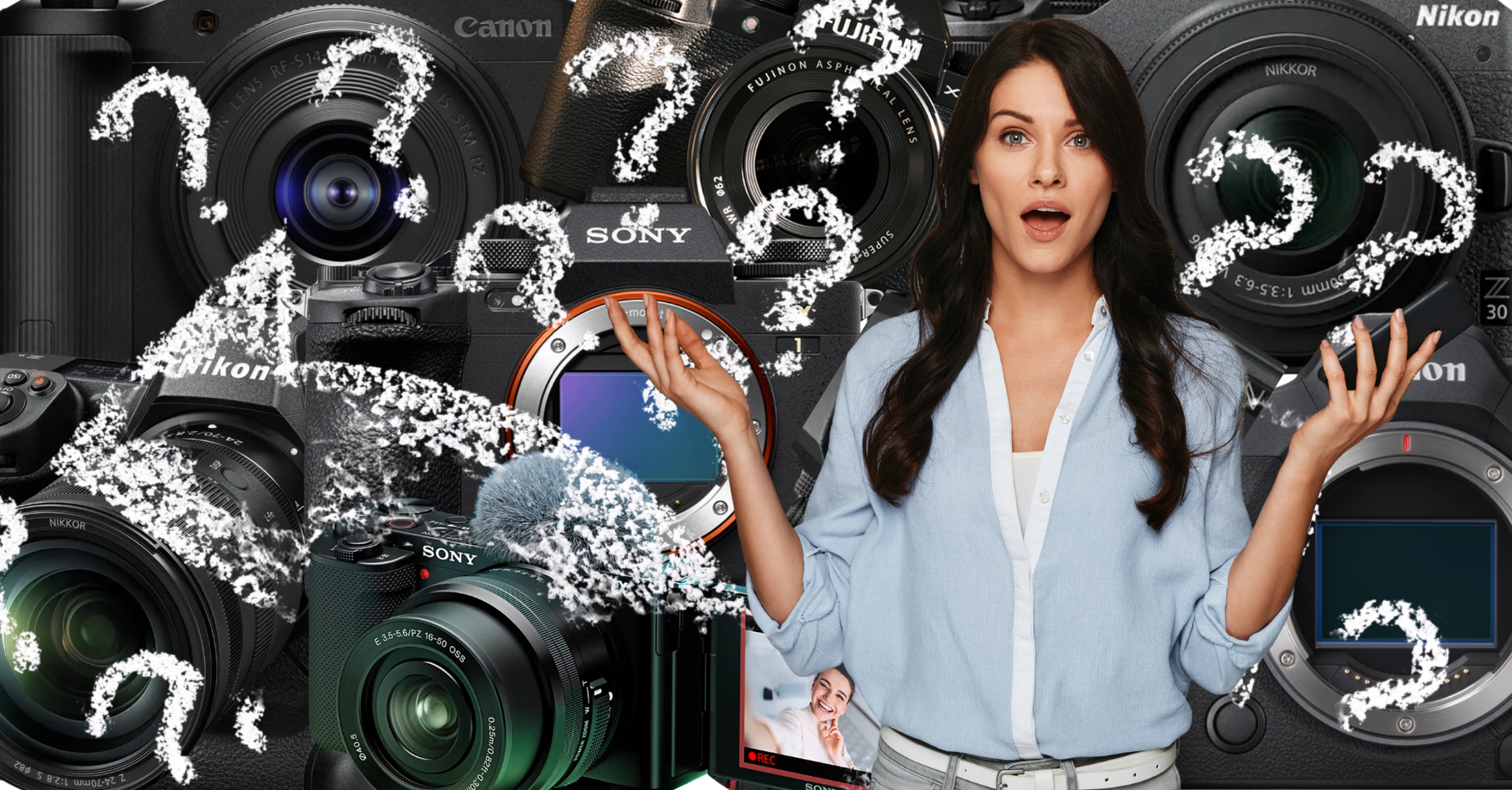
DSLR vs. Mirrorless in 2025: Which Should You Choose and Why It Matters In the fast-evolving world of photography, choosing between a DSLR and a
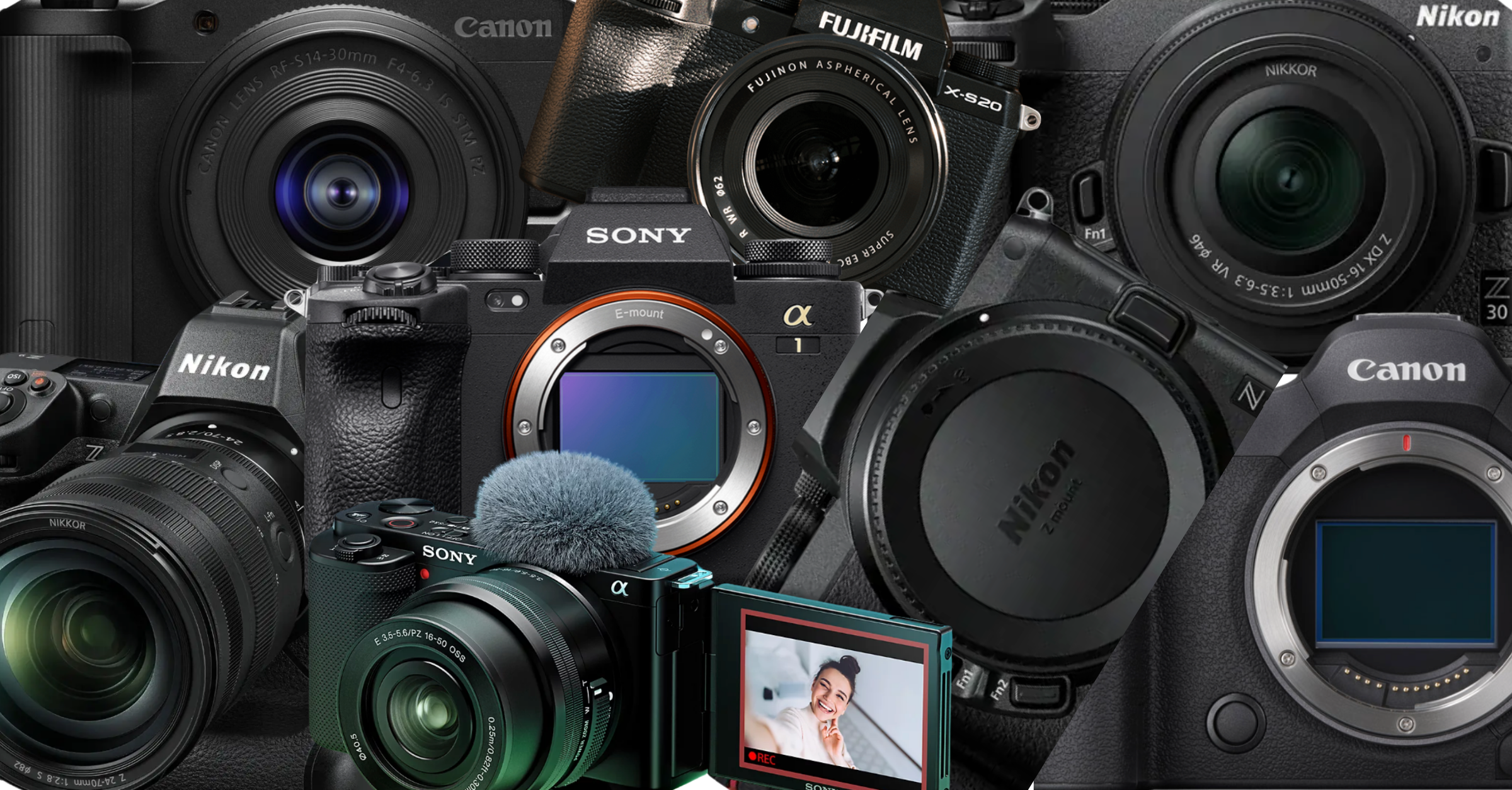
🔹 Best Cameras for Beginners (2025) 1. Canon EOS R50 Why: Compact, lightweight mirrorless with strong autofocus and image quality. Sensor: APS-C Key Features: Dual

Mastering Low-Light Photography: Best Camera Settings With and Without Flash Low-light photography can be a creative playground or a technical challenge—often both. Whether you’re capturing

Why Posing Matters in Portrait Photography Posing isn’t about stiff limbs or forced smiles—it’s about bringing out the best in your subject. Whether you’re working
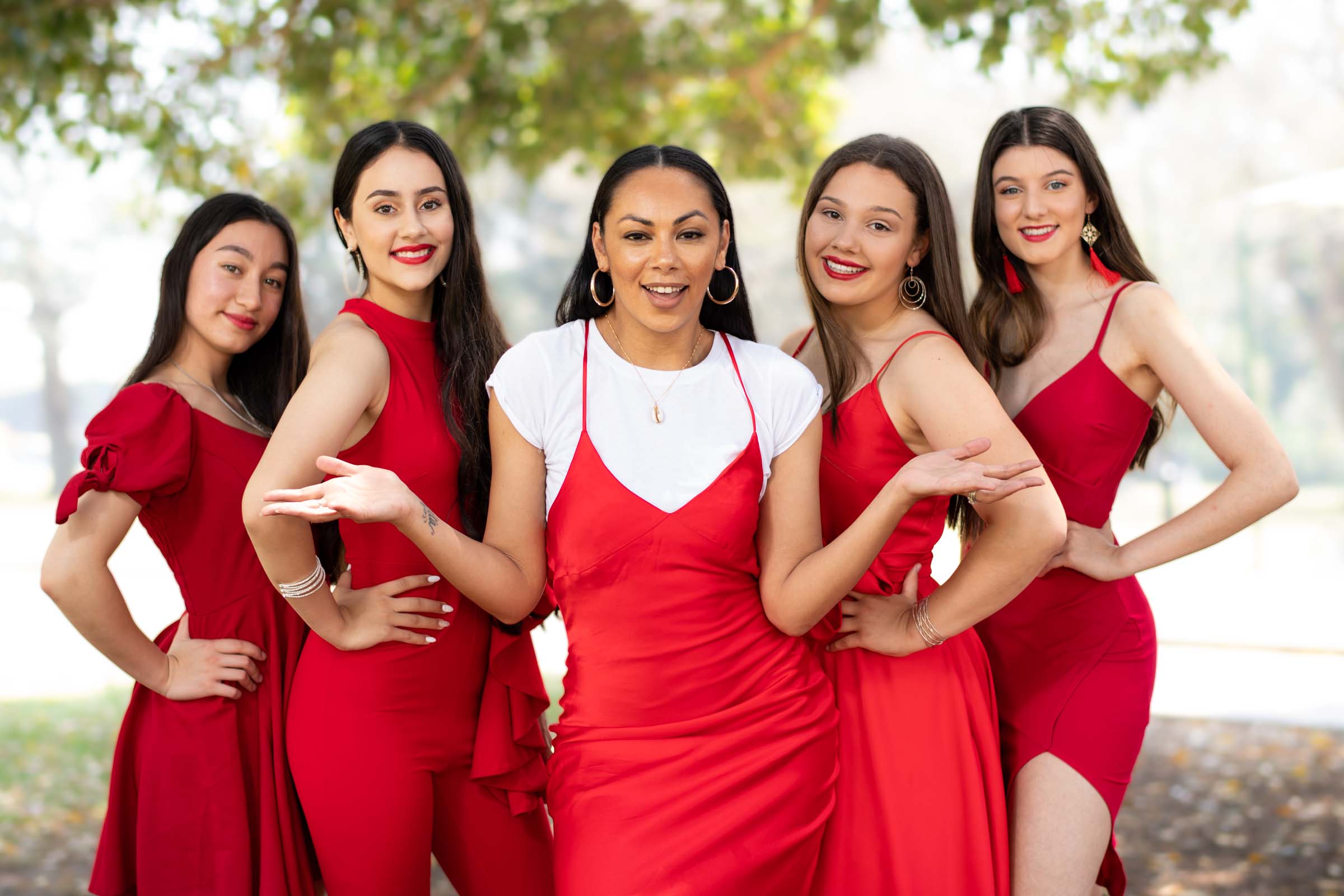
The Power of Open Body Language in Photography When it comes to capturing natural, powerful portraits, body language speaks louder than lighting, gear, or even

How Do I Balance Flash with Ambient Light Balancing flash with ambient light is a key skill that separates average photos from beautifully lit, professional-looking

A Photographer’s Guide to Creative Expansion In photography, light isn’t just an element—it’s the language we speak.And when it comes to natural light, we are

A Beginner’s Guide to Beautiful Lighting Natural light is one of the most beautiful and accessible tools in a portrait photographer’s toolkit. But to truly
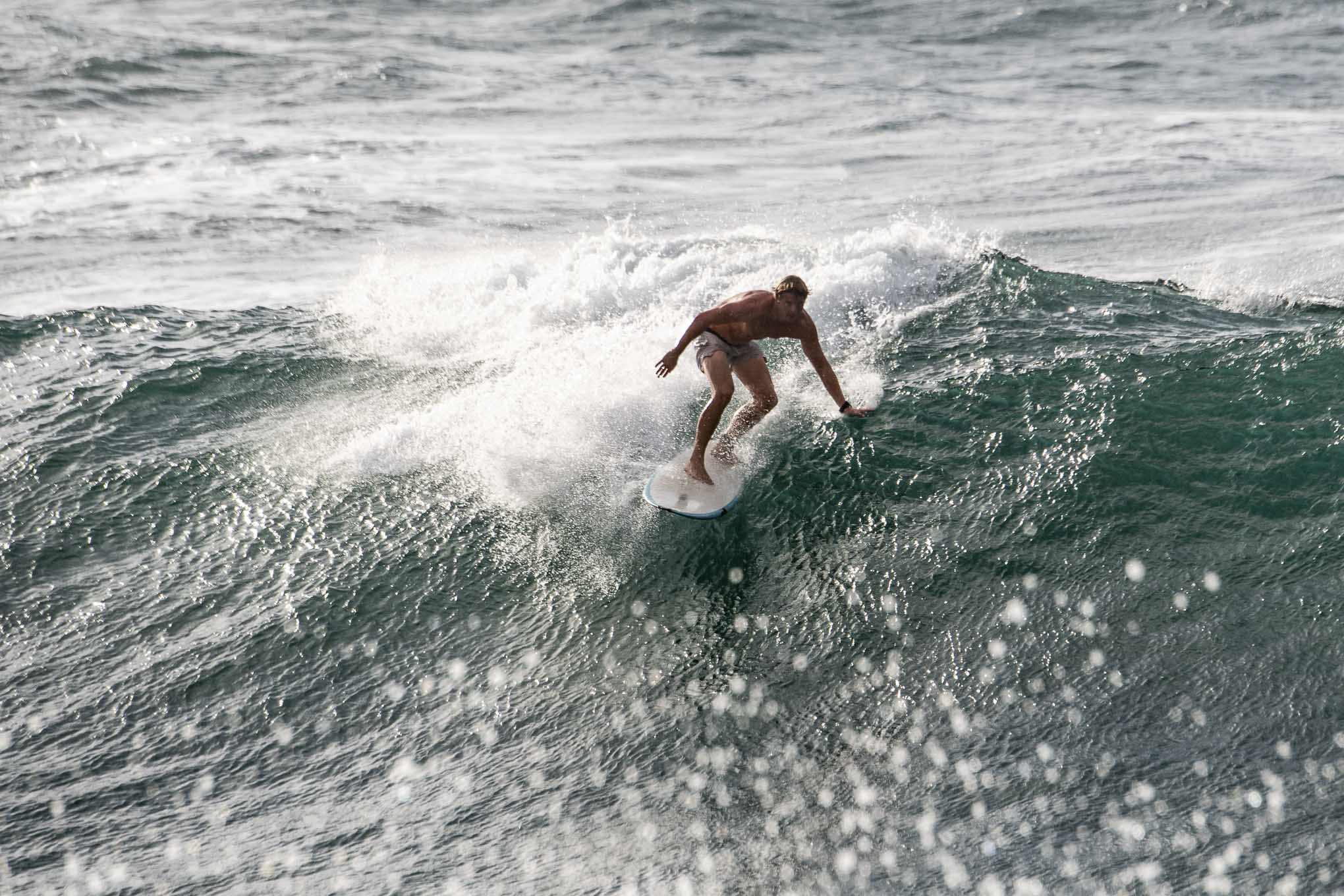
what you need to know Getting sharp images is a combination of good technique, the right settings, and proper camera handling. Here’s what you need
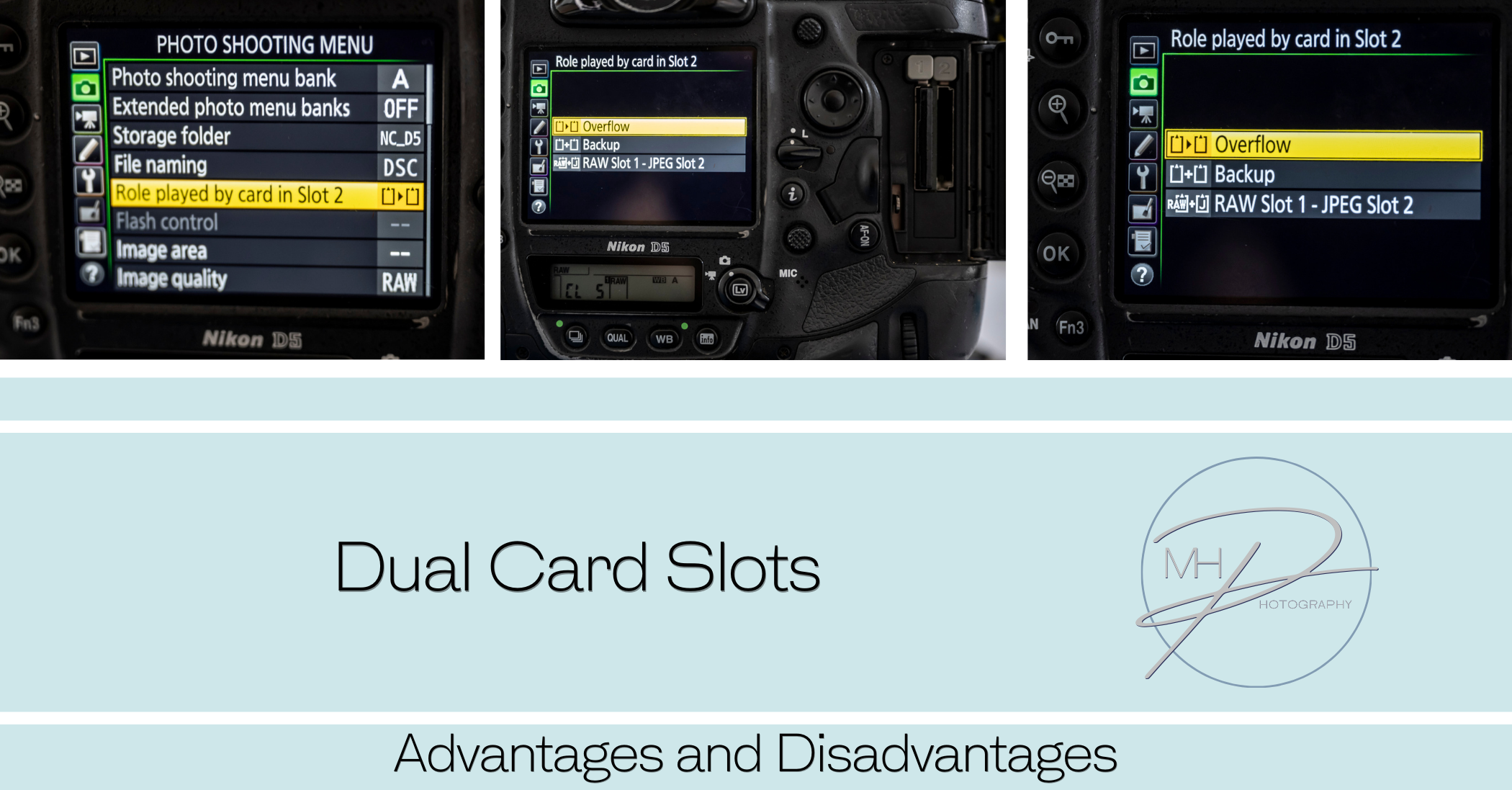
Many professional cameras offer dual card slots, allowing photographers and videographers to use two memory cards simultaneously. This feature enhances workflow efficiency, data security, and
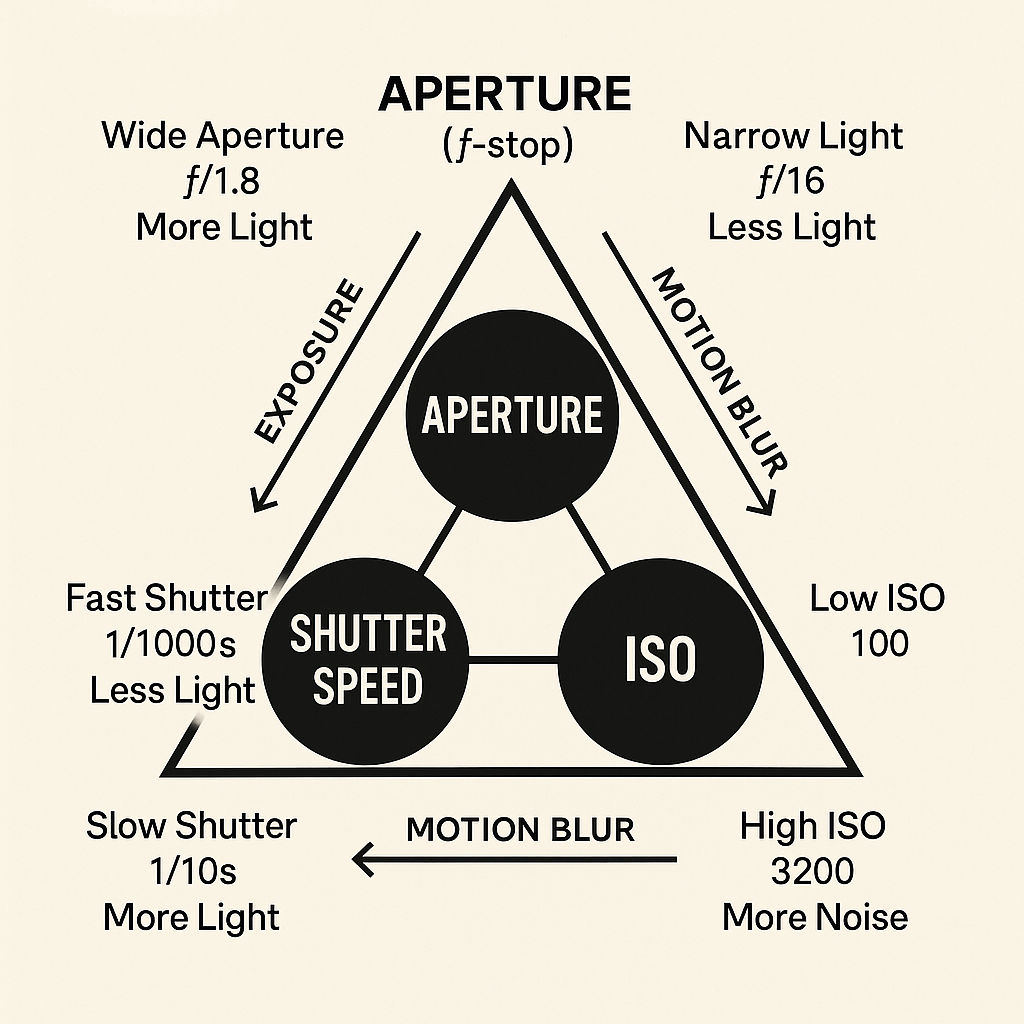
The exposure triangle The exposure triangle is a fundamental concept in photography that explains the relationship between three key elements that control the exposure (brightness